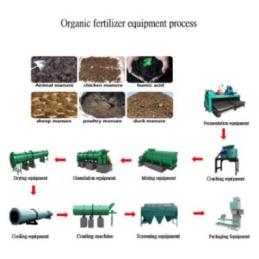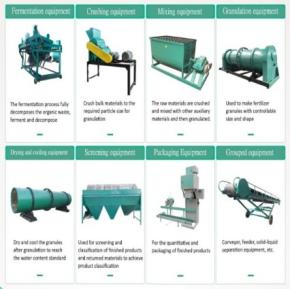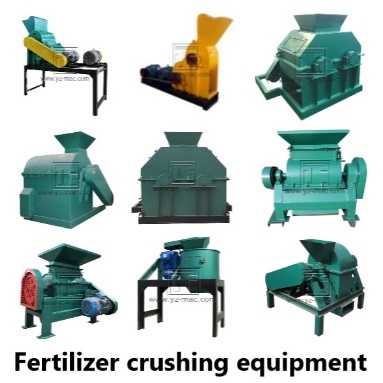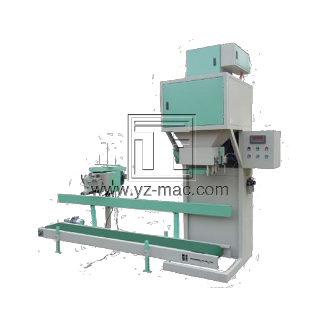Organic fertilizer production process
The organic fertilizer production process typically involves the following steps:
1.Collection and sorting of organic materials: The first step is to collect organic materials such as animal manure, crop residues, food waste, and other organic waste materials. These materials are then sorted to remove any non-organic materials such as plastic, glass, and metal.
2.Composting: The organic materials are then sent to a composting facility where they are mixed with water and other additives such as straw, sawdust, or wood chips. The mixture is then turned periodically to facilitate the decomposition process and produce high-quality compost.
3.Crushing and mixing: Once the compost is ready, it is sent to a crusher where it is crushed into smaller pieces. The crushed compost is then mixed with other organic materials such as bone meal, blood meal, and fish meal to create a uniform mixture.
4.Granulation: The mixed materials are then sent to an organic fertilizer granulator where they are transformed into small, uniform granules or pellets. This process helps to improve the storage and application of the fertilizer.
5.Drying and cooling: The granules are then sent to a rotary drum dryer where they are dried to remove excess moisture. The dried granules are then sent to a rotary drum cooler to cool down before the final screening.
6.Screening: The cooled granules are then screened to remove any oversized or undersized particles, creating a uniform size distribution.
7.Coating: The screened granules are then sent to a coating machine where a thin layer of protective coating is applied to prevent caking and improve storage life.
8.Packaging: The final step is to package the finished product into bags or other containers.
The specific steps in the production process may vary depending on the specific type of organic fertilizer being produced, as well as the equipment and processes used by each manufacturer.







